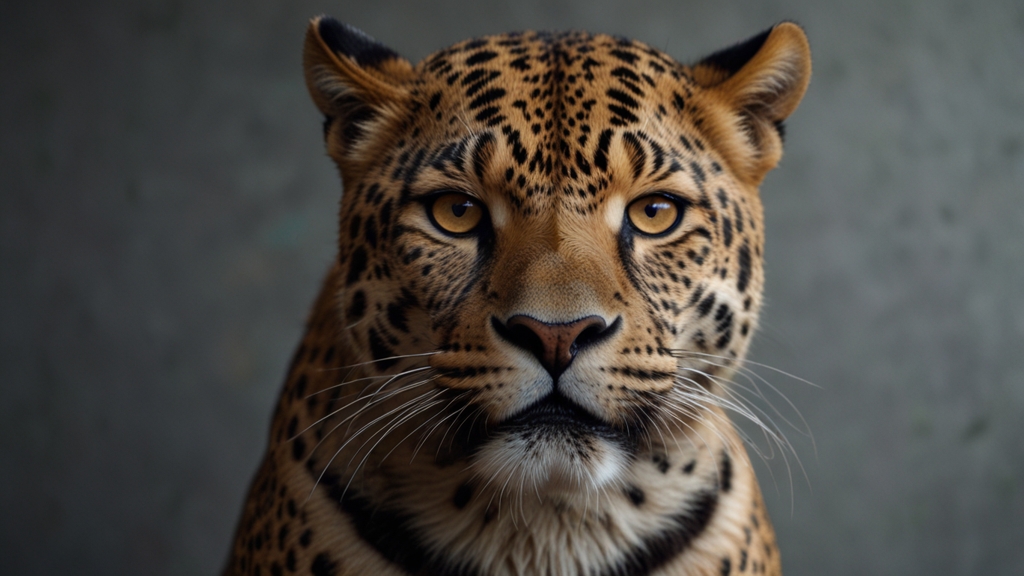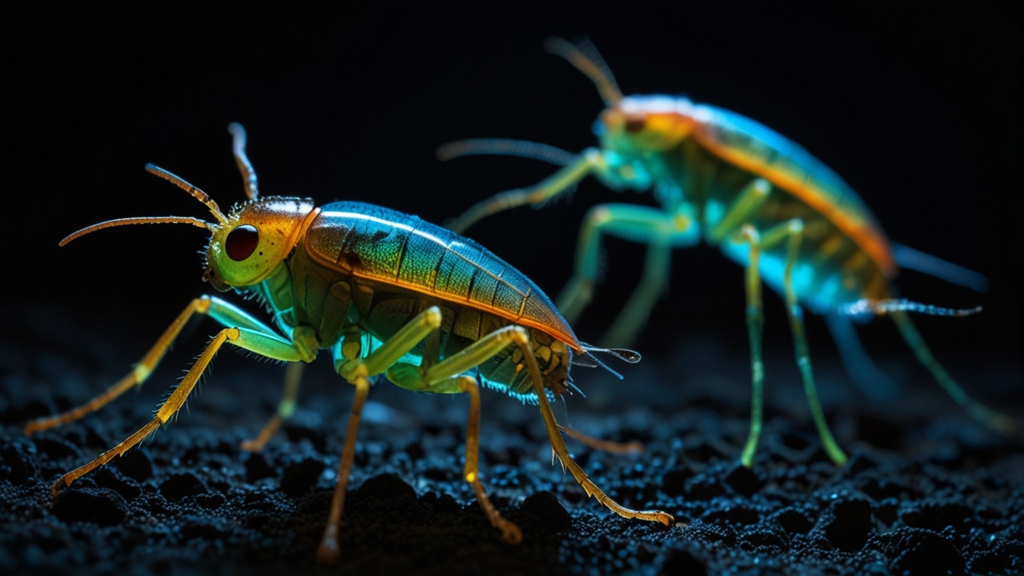How Creation Stories Shape Our Culture and Identity
Creation stories are more than just tales of the origins of the universe and humanity; they are foundational narratives that define cultural values, social structures, and individual identities. From ancient myths to contemporary interpretations, these stories resonate deeply within communities, providing a sense of place and purpose. This article explores how creation stories shape our culture and identity, and why they continue to hold significance in our modern world.
The Universality of Creation Myths
Almost every culture around the globe has its own creation myth. These stories often serve as a keystone for understanding the world and our place within it. Whether it's the Biblical creation narrative, the Hindu concept of cosmic cycles, or the indigenous Dreamtime stories of Australia, these myths share common themes of origin, struggle, and transformation. The universality of creation myths points to a shared human need to make sense of our existence and to find meaning in our lives.
"Creation stories serve as a societal compass. They guide cultural values, instill a sense of belonging, and help answer life's big questions: Who are we? Why are we here? What is our purpose?" – Anthropologist Dr. Jane Stevens
Cultural Values and Social Structures
Central to the role of creation stories is their capacity to encode and transmit cultural values. These narratives often include guidelines for moral behavior, societal roles, and the relationship between humans and nature. For instance, the Judeo-Christian creation story emphasizes the concept of stewardship, promoting a duty to care for the Earth. In contrast, many indigenous creation myths stress interconnectedness and respect for all living things, fostering a sense of communal harmony.
Creation stories also establish social structures by defining roles and hierarchies. For example, the Greek creation myth involving Gaia, Uranus, and the Titans delineates a complex pantheon of gods and goddesses, each with specific powers and responsibilities. These narratives serve as a microcosm of the broader society, reflecting its values and governance systems.
Individual Identity and Belonging
On a personal level, creation stories contribute significantly to individual identity and the sense of belonging. These narratives often resonate with people from a young age, shaping their worldview and self-perception. By connecting with a creation story, individuals find themselves part of a larger narrative, which can provide comfort, purpose, and direction.
"Myths are the vessels of our deepest truths. Through them, we learn about ourselves and our place in the cosmos." – Mythologist Joseph Campbell
Modern Interpretations and Relevance
While traditional creation stories hold timeless wisdom, modern interpretations have emerged, reflecting contemporary scientific understanding and social values. Stories of the Big Bang and evolution coexist with ancient myths, offering new dimensions of meaning. These modern narratives do not necessarily replace traditional myths but often enrich and complement them, providing a more holistic understanding of our origins.
Contemporary society continues to grapple with questions of identity, purpose, and belonging. In this context, creation stories – both ancient and modern – remain relevant. They offer a framework for exploring these questions, fostering dialogue, and promoting a shared sense of humanity.
Conclusion
Creation stories are powerful cultural artifacts that shape our worldviews, social structures, and individual identities. They provide a narrative through which we understand our existence, our values, and our responsibilities. As we navigate the complexities of the modern world, these foundational stories continue to offer guidance, wisdom, and a sense of belonging, reminding us that we are part of a larger, interconnected human story.
"In the end, we'll all become stories." – Margaret Atwood






